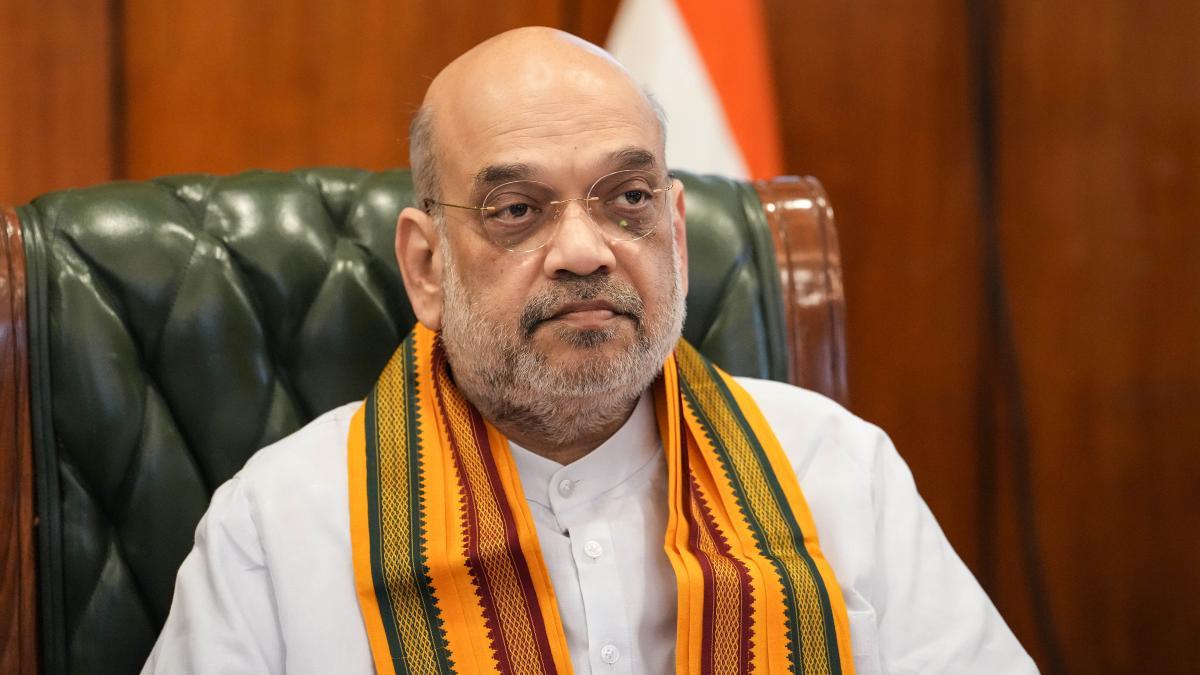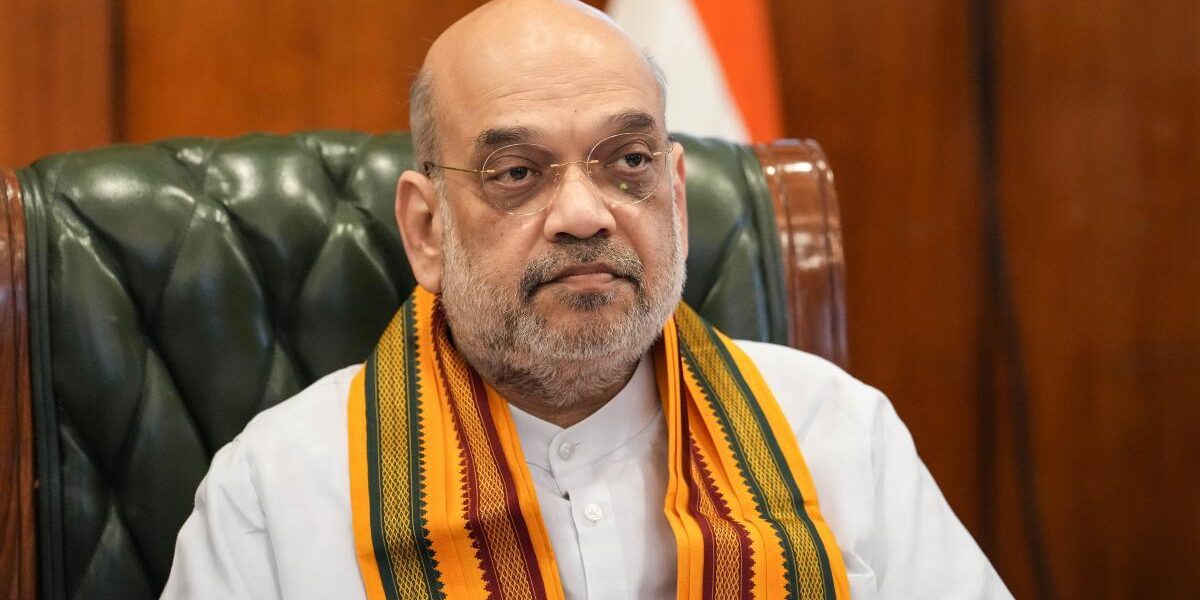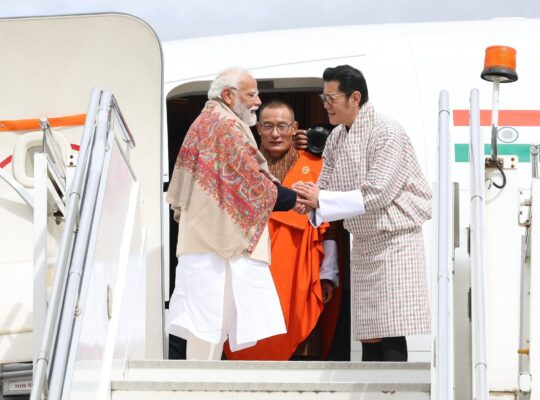Understanding CAA
Before the upcoming Lok Sabha elections, the central government has issued a notification regarding the Citizenship Amendment Act (CAA) today, that is, Monday, March 11. Let’s understand what CAA is all about and what changes it may bring to the country.

What is the CAA Law?
The Citizenship Amendment Act, 2019 (Citizenship Amendment Act) opens the path to Indian citizenship for minority communities from three neighboring Muslim-majority countries – Pakistan, Bangladesh, and Afghanistan, who fled to India due to persecution until December 2014. This includes non-Muslim minorities – Hindus, Sikhs, Buddhists, Jains, Parsis, and Christians. It’s important to note that CAA poses no threat to the citizenship of Muslims or any other religious or community group.
When was CAA passed?
For your information, CAA was first introduced in the Lok Sabha in 2016. It passed there but got stuck in the Rajya Sabha. Later, it was sent to a parliamentary committee and then came the 2019 Lok Sabha elections… and once again, BJP formed the government. In December 2019, it was reintroduced in the Lok Sabha and this time it passed both Lok Sabha and Rajya Sabha. After that, on January 10, 2020, it was approved by the President… but due to the COVID-19 pandemic, its implementation got delayed.
Who will be granted citizenship?
After the implementation of CAA, the complete authority to grant or deny citizenship will lie with the central government. Refugees belonging to Hindu, Sikh, Buddhist, Jain, Christian, and Parsi religions from Pakistan, Afghanistan, and Bangladesh who arrived in India before December 31, 2014, will be granted Indian citizenship. It’s worth noting that those who entered India without valid travel documents (passport and visa) or with valid documents but overstayed beyond the specified period will be considered illegal immigrants under the CAA law.
How to apply?
The entire process of obtaining Indian citizenship has been made online, and an online portal has been prepared for this purpose. Applicants will need to specify the year when they entered India without any documents. No documents will be required from eligible applicants. Displaced persons only need to visit the online portal to submit their application. Afterward, the Ministry of Home Affairs will review the application, and if found eligible, citizenship will be granted to the applicant.











1 COMMENTS